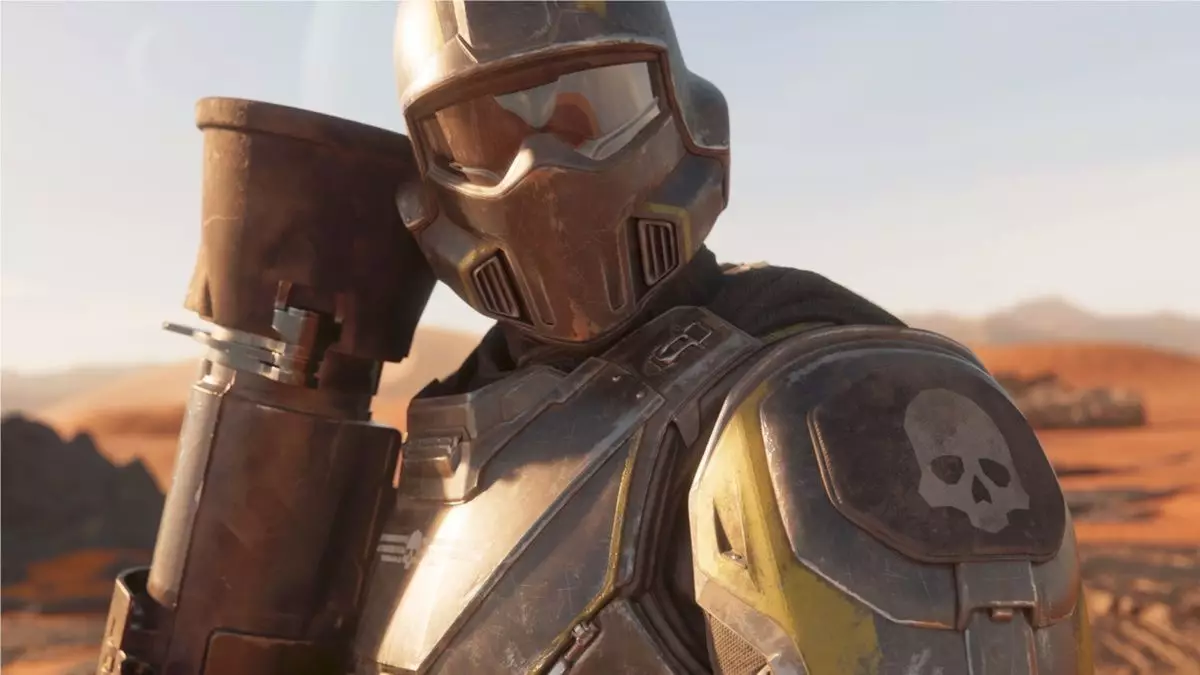The gaming community is often more vocal than ever about their experiences and expectations. This was clearly demonstrated with the backlash faced by Arrowhead Game Studios following the Escalation of Freedom update for their cooperative shooter, Helldivers 2. The dissatisfaction among players served as a wake-up call not only for the developers but also for the industry at large. According to Johan Pilestedt, CEO and game director, the root of the issues lies in a lack of cohesion and leadership within the development team. Such admissions underline the importance of strong leadership structures when navigating the tumultuous waters of game development—an aspect that cannot be understated.
In response to the criticisms, Pilestedt has been proactive, engaging directly with the community through platforms like Reddit to clarify the studio’s position. However, the nature of his message sparked discussion; while he aimed to distribute responsibility across the team, players felt his comments shifted blame. This reaction is entirely valid, as the community relies heavily on leadership accountability, especially when a beloved game’s integrity is at stake. Rather than merely sweeping issues under the rug, he has openly acknowledged that the developers responsible for the recent buffs are also those who initially implemented the nerfs.
Arrowhead has introduced a 60-day comeback strategy intended to mend the relationship with its community. The initial phase is a significant patch meant to restore balance and enjoyment to the game. Pilestedt has outlined plans to address crucial community feedback, including adjustments to game mechanics such as fire damage and ragdoll physics. Such systematic approaches can begin to rebuild trust if executed with transparency and follow-through. Acknowledging past mistakes is one step, yet it requires more than rhetoric. The studio will need to prove its commitment to a better-balanced game repeatedly through meaningful updates and consistent communication.
The engagement of developers with their player base is becoming increasingly significant in the gaming landscape. Open discussions, like those initiated by Pilestedt, can lead to collaborative problem-solving, but they must also be genuine and rooted in accountability. Acknowledging leadership challenges should not come across as an excuse but rather as a learning opportunity that informs future decisions and practices. An environment that fosters such transparency can evolve into a strong partnership with the community, reducing the risk of similar fallout in the future.
The Helldivers 2 situation is a poignant reminder of the fragile interplay between developers and players. Arrowhead Studios finds itself at a crossroads, where the path taken in the coming weeks could either revitalize its image or drive a wedge further between the studio and its audience. As they embark on their 60-day plan, the focus must not solely be on immediate fixes but also on sustainable growth and engagement. Successful game development today hinges on listening to player feedback while fostering an inclusive atmosphere that values both creation and community. Whether Arrowhead will learn from this chapter remains to be seen, but their actions in the near future will undoubtedly set the tone for what’s to come.


Leave a Reply